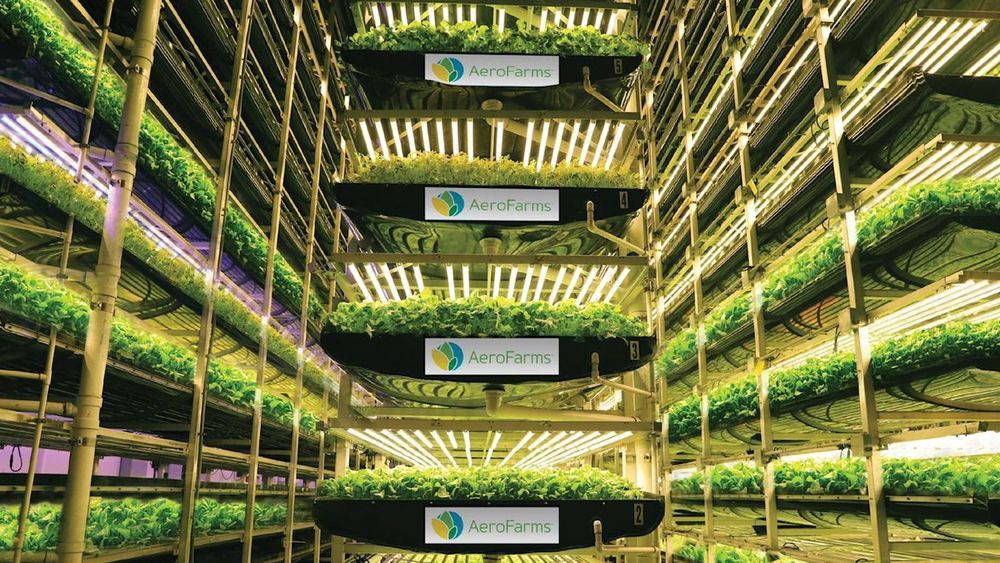Ensuring nobody goes to bed hungry.
🔎 Learn more about the state of global hunger: https://buff.ly/3eZEypq
Ensuring nobody goes to bed hungry.
🔎 Learn more about the state of global hunger: https://buff.ly/3eZEypq
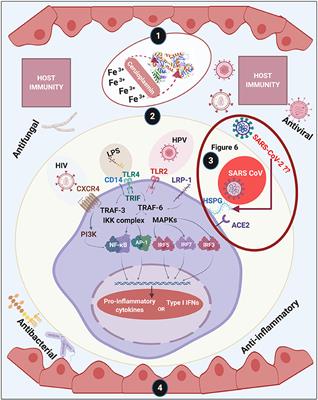
Lactoferrin is a nutrient classically found in mammalian milk. It binds iron and is transferred via a variety of receptors into and between cells, serum, bile, and cerebrospinal fluid. It has important immunological properties, and is both antibacterial and antiviral. In particular, there is evidence that it can bind to at least some of the receptors used by coronaviruses and thereby block their entry. Of importance are Heparan Sulfate Proteoglycans (HSPGs) and the host receptor angiotensin-converting enzyme 2 (ACE2), as based on other activities lactoferrin might prevent severe acute respiratory syndrome coronavirus 2 (SARS-CoV-2) from attaching to the host cells. Lactoferrin (and more specifically enteric-coated LF because of increased bioavailability) may consequently be of preventive and therapeutic value during the present COVID-19 pandemic.
Lactoferrin (LF) or lactotransferrin has recently come under the spotlight, particularly with regards to the new coronavirus pandemic that started in 2019 (COVID-19). Diet and supplements support a well-functioning immune system, and favorably influence the body’s ability to fight infection. Although LF is produced by the body itself, as a secretion by exocrine glands (such as maternal milk or tears) and secondary granules of human neutrophils (1), it can also be taken as a supplement, where it then acts as nutraceutical or functional food. Our particular focus is on its role as an oral supplement. Here we also collate some of the evidence that shows how LF may be an important nutrient to support host immunity, including as an antibacterial and antiviral agent, but particularly with the current COVID-19 pandemic in mind.
We summarize what is already known about LF, including its immunological properties, as well as its antibacterial and antiviral activities. We also discuss how LF uses Heparan Sulfate Proteoglycans (HSPGs) on cell surfaces to facilitate entry. This is of particular importance to coronaviruses, as these viruses are considered to bind to the host cell by attaching first to HSPGs using them as preliminary docking sites on the host cell surface. LF is known to interfere with some of the receptors used by coronaviruses, it may thus contribute to the prevention and treatment of SARS CoV-2 infections. In COVID-19 infection, LF may therefore have a role to play, not only sequestering iron and inflammatory molecules that are severely increased during the cytokine burst, but also possibly in assisting by occupying receptors and HSPGs.
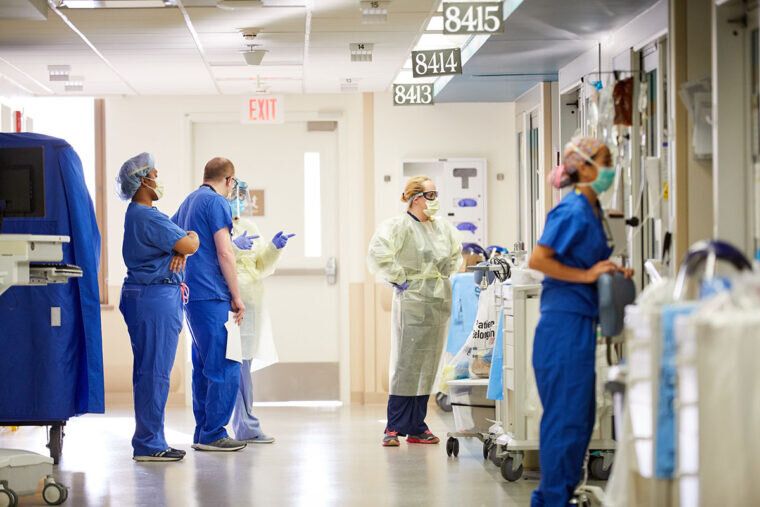
But new findings from a team of researchers led by scientists at Washington University School of Medicine in St. Louis point to another theory and suggest that patients become ill because their immune systems can’t do enough to protect them from the virus, landing them in intensive care units. They suggest that boosting immunity could be a potential treatment strategy for COVID-19.
Such a strategy has been proposed in two recently published papers, one published online in JAMA Network Open and the other published online in the journal JCI Insight.
“People around the world have been treating patients seriously ill with COVID-19 using drugs that do very different things,” said senior investigator Richard S. Hotchkiss, MD, professor of anesthesiology, of medicine and of surgery. “Some drugs tamp down the immune response, while others enhance it. Everybody seems to be throwing the kitchen sink at the illness. It may be true that some people die from a hyperinflammatory response, but it appears more likely to us that if you block the immune system too much, you’re not going to be able to control the virus.”
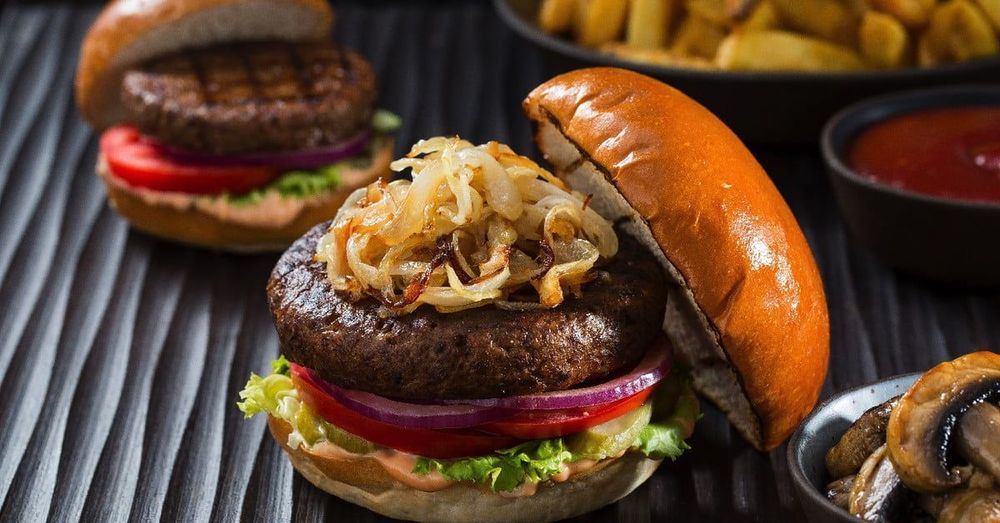
The company claims that it is set to disrupt the food supply chain with an automated robotic that can print a plant based burger and cook it up for you to your unique requirements within just six minutes.
This food robot could 3D print a patty and grill it to your specifications inside of six minutes. Welcome to the future of food preparation.


An intriguing new study, from a team of Swiss researchers, has revealed neural activity during REM sleep in a particular region of the brain known to affect appetite and feeding behaviors significantly influences waking eating patterns.
Despite a hefty volume of robust study, REM sleep is still a mysterious and unique sleep phase. Named after the rapid eye movements that occur in all mammals during this sleep phase, it has also been referred to as paradoxical sleep, due to the strange similarity in brain activity between waking states and REM sleep.
The new research homed in on a brain region called the lateral hypothalamus. This tiny brain region, found in all mammals, is known to play a fundamental role in food intake, compulsive behavior, and a number of other physiological processes.

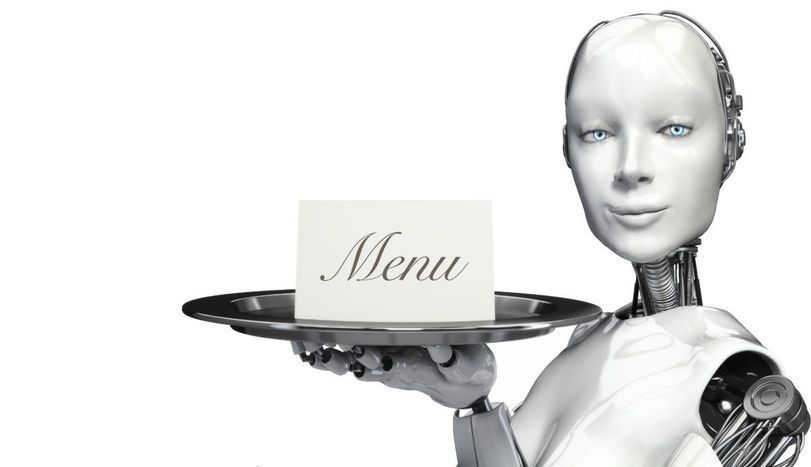

According to Forbes, payroll costs consume up to 25 per cent of a restaurant’s profit. Restaurateurs in Sydney and other parts of Australia hope to combat that expense by following in the footsteps of venues in Asia that have used drone waiters instead of human wait staff.
Faster and Human-Free Waiter drones are robotic devices that soar through the air with platters of food and glasses of beverages perched on top. Customers place their orders via electronic devices or other means, then the kitchen sends out their food on trays carried by machines rather than humans. Each drone can carry up to 4.4 pounds of cargo.
Sensors on the sides of the drones prevent them from crashing into objects or people as they navigate busy restaurants. While this strategy eliminates the human element that many experts believe is essential to the hospitality industry, the waiter drones’ success in Asia suggests they might prove a valuable contribution to restaurants in Australia.
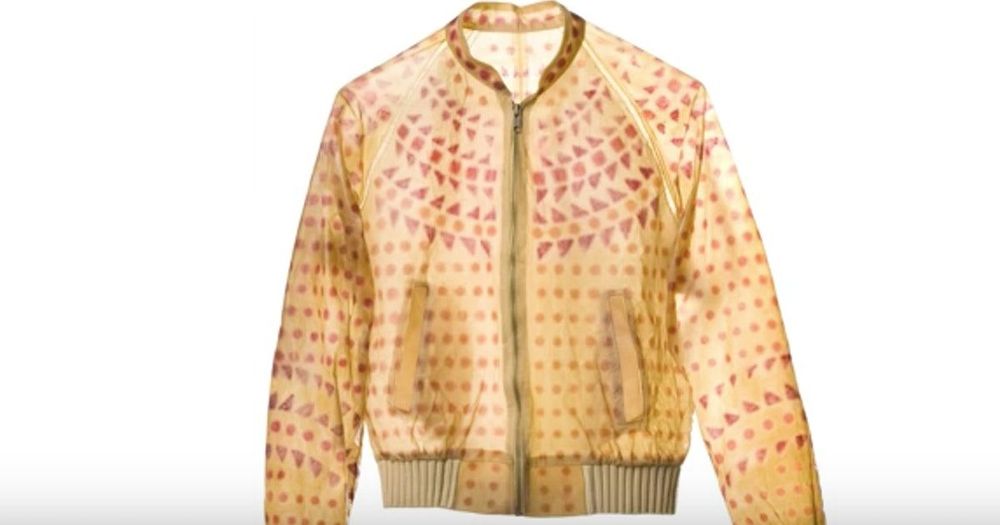
Circa 2018 face_with_colon_three
If you don’t like mushrooms, it might be because you haven’t tried them yet in dress or jacket form. Believe it or not, mushrooms can now be fashioned into flexible leather-like clothing, purses, pants, and even durable furniture and building bricks for a cleaner, more sustainable planet. Phil Ross and his team at the San Francisco-based MycoWorks, a group of engineers, designers, and scientists, are developing products inspired by fungi’s lattice-like “roots,” called mycelium. According to the MycoWorks website, mycelium are carbon-negative and can also be naturally dyed any color, so your mushroom dress or house can be bright purple, fuchsia, or Cerulean blue if tan seems too subtle.
According to the website of Italy’s Mogu agency, which specializes in developing and scaling-up a range of mycelium-based technologies for the production of naturally-grown biomaterials and products, mushroom-based fabric can be tweaked to be as hard as enamel and shell-like or as soft and porous as a sponge, depending on the amount of light, humidity, exchange of gas, temperature, and types of “food” the mushroom is given (hemp, straw, etc.), rendering it as the ideal creative material for whatever you envision forging.
Mogu has proven that fabric created from mycelium is non-toxic, waterproof, and fire-resistant. It can be as thin as paper for dresses and lamp shades, or incredibly thick for heavy-duty items, and in both cases, the end result is remarkably flexible and strong.
